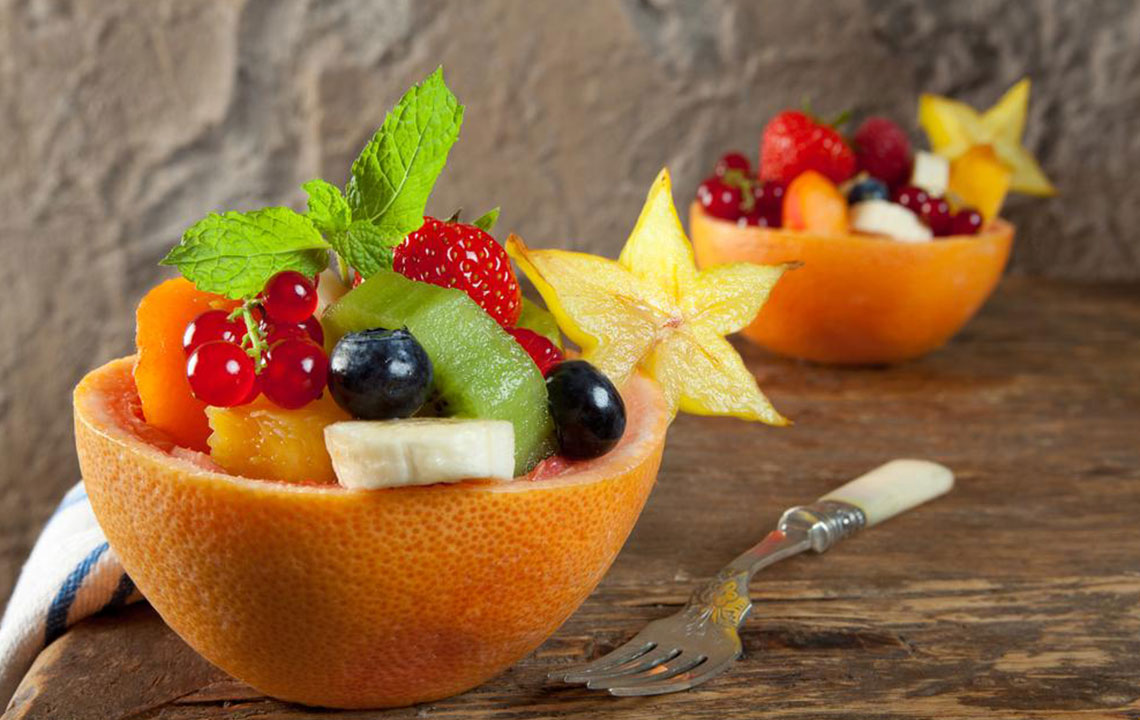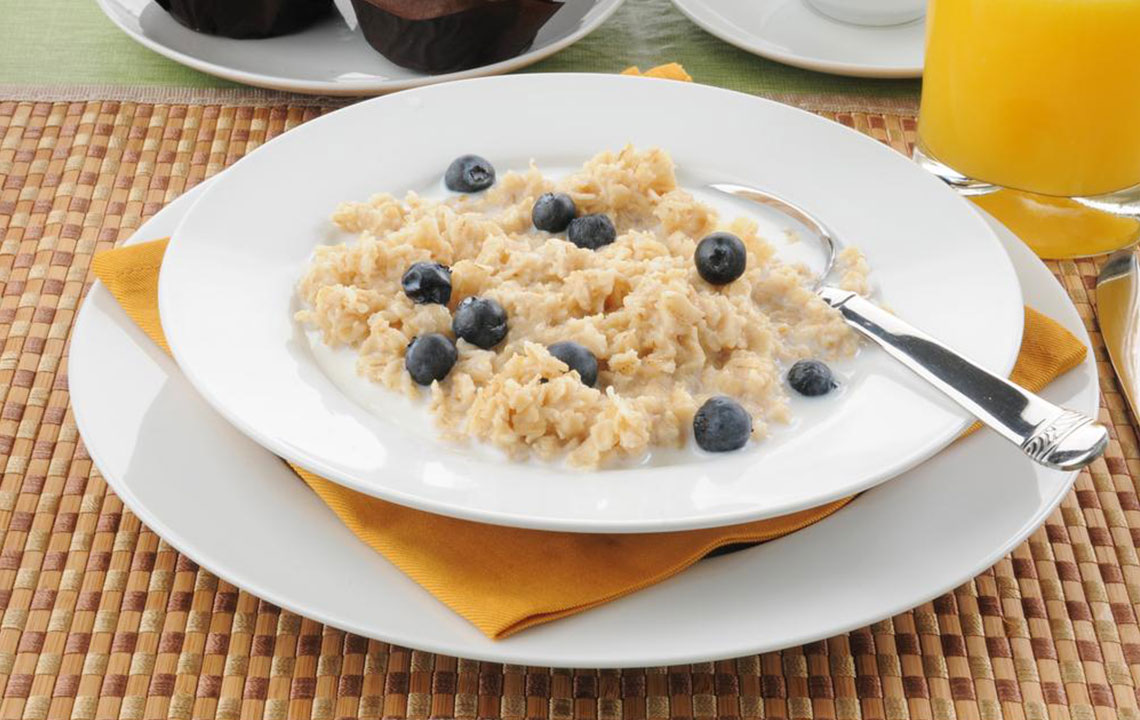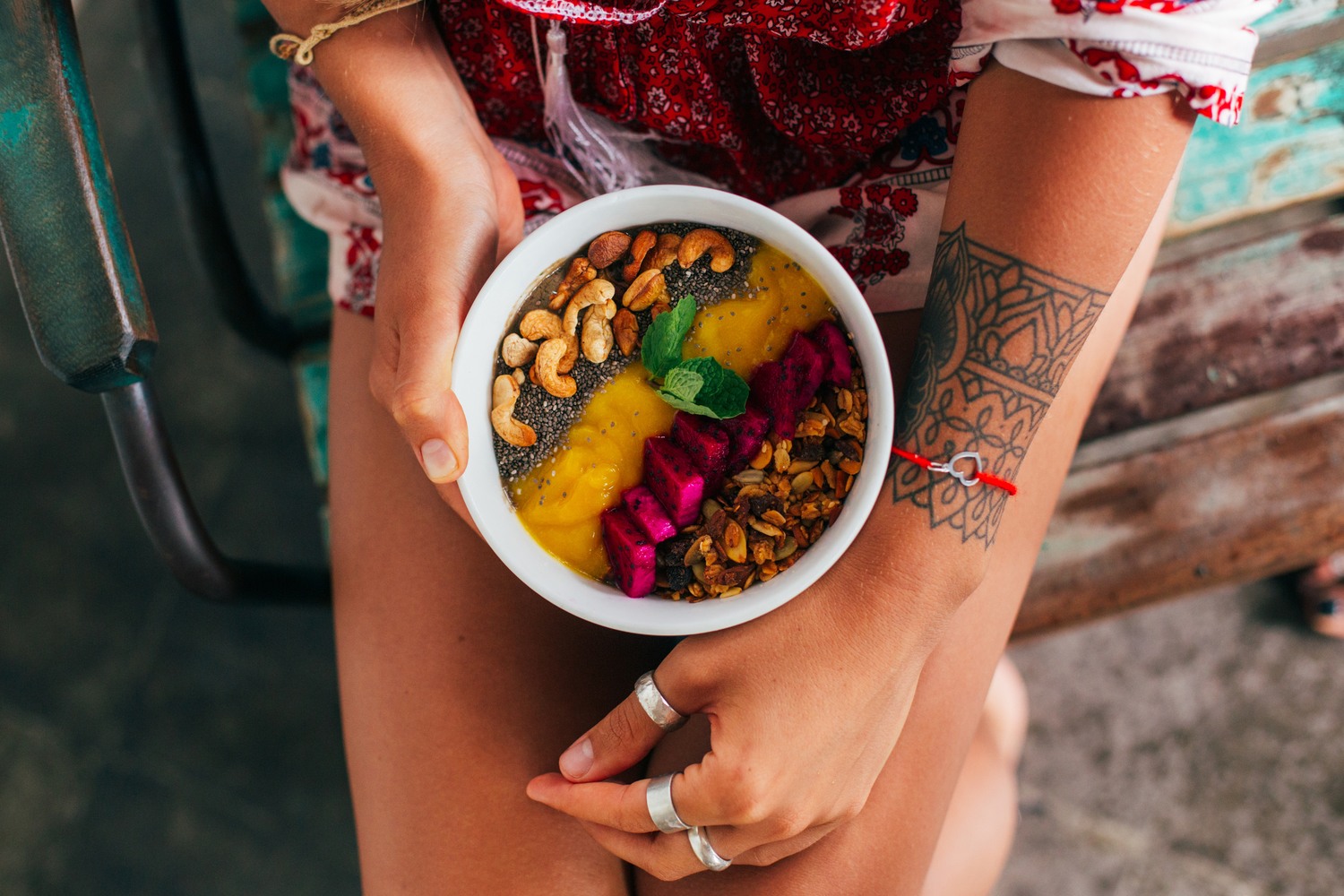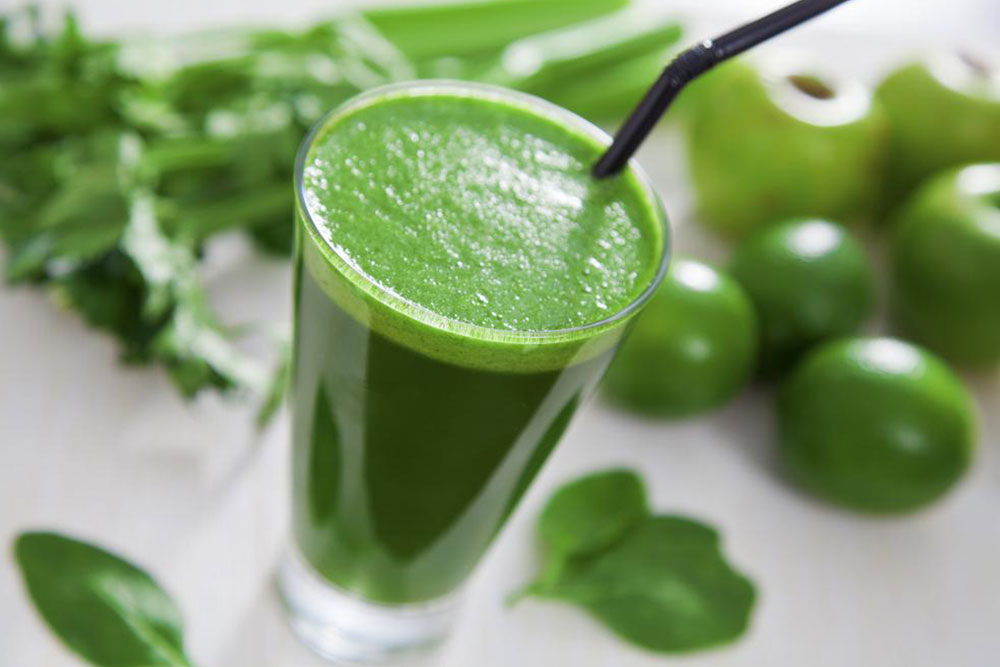Essential Dietary Guidelines for Managing Diverticulitis
Discover effective dietary strategies for managing diverticulitis. Learn about recommended foods, foods to avoid, and lifestyle tips to reduce symptoms and prevent complications. Incorporate a fiber-rich diet gradually and follow medical advice for optimal digestive health and long-term relief from diverticulitis.

Essential Dietary Guidelines for Managing Diverticulitis
Diverticulitis is a serious digestive condition caused by inflammation or infection of small pouches called diverticula that form along the colon wall. These pouches develop when weak spots in the intestinal lining bulge outward due to pressure. Most commonly affecting individuals over forty, diverticulitis symptoms include abdominal discomfort, fever, blood in stools, and nausea. Early stages often involve mild inflammation, but if untreated, it can lead to serious complications, requiring medications or surgery.
Adopting lifestyle and dietary changes is essential to managing and preventing further episodes. A tailored diet focusing on gentle, easily digestible foods and avoiding certain items can significantly reduce symptoms and promote intestinal health. Resting the digestion system with liquids and soft foods helps improve recovery and minimize strain on the colon.
Optimal diet plan for diverticulitis:
Initial Phase – Liquid Diet: Increase liquid intake with water, clear broths, fruit juices without pulp, herbal teas, gelatin, and non-pulp vegetable juices. This helps reduce inflammation and ease digestion.
Once symptoms improve, gradual transition to a low-fiber diet is advised. Suitable foods include eggs, fish, refined bread, cooked vegetables without seeds, white rice, yogurt, and milk. These foods minimize intestinal irritation while providing necessary nutrients.
Progressing to a High-Fiber Diet: After healing, the focus shifts to high-fiber foods. Dietary fibers promote smooth bowel movements and reduce pressure on the colon. Include foods like oats, brown rice, fruits such as apples and pears, vegetables like carrots and broccoli, beans, and whole grains. Aim for 25-30 grams of fiber daily, which supports long-term gut health.
In addition to diet, fiber supplements such as psyllium or methylcellulose can be beneficial, especially if recommended by a healthcare professional. Always follow medical advice when incorporating supplements into your routine.
Foods to Avoid: Steer clear of foods with small seeds or hard elements like popcorn, nuts, and seeds, as they may lodge in diverticula and worsen inflammation.
Preventive Measures for Diverticulitis: Maintain a healthy lifestyle to reduce risk. This includes quitting smoking, drinking plenty of water, avoiding high-fat and red meats, engaging in regular exercise, maintaining a healthy weight, limiting NSAID use, and not delaying bowel movements. Adherence to a balanced, fiber-rich diet is crucial for lifelong prevention and management.
Consistently following these dietary practices will help keep diverticulitis symptoms under control and promote overall digestive wellness. Incorporate healthy eating habits into your daily routine and consult your healthcare provider for personalized guidance to achieve the best results.









